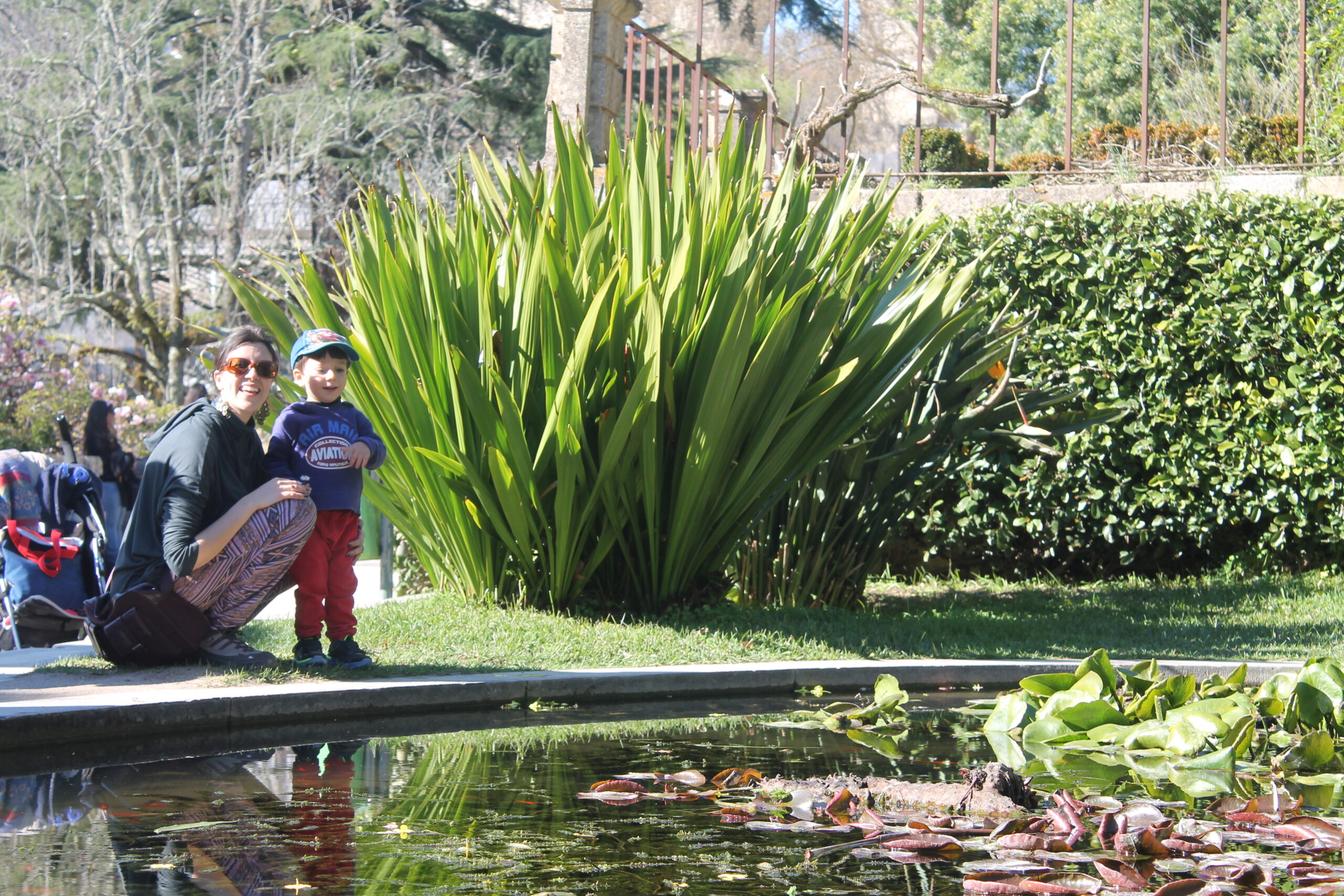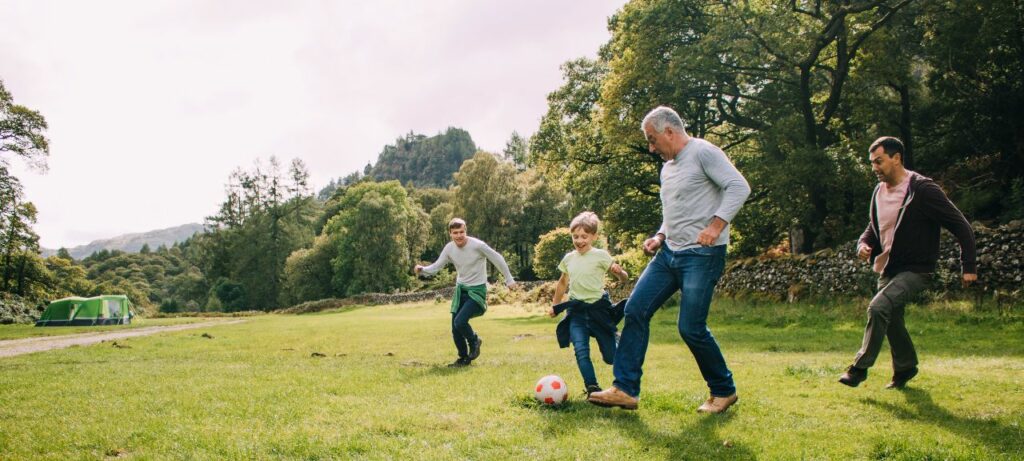I started working in local governance in 2016 as part of a team that was selected by UNICEF to develop global guidance on the Child Friendly Cities Initiative, which had been launched by UNICEF and UN-Habitat in 1996 and thereafter implemented by cities in a number of low, middle and high-income countries. As part of this work, I prepared two case-studies – in Germany and Finland, to learn about how those countries had gone about establishing the Initiative. Another colleague of mine did other case-studies and these provided the basis for preparing the Child Friendly Cities and Communities Initiative Toolkit for UNICEF national Committees.
After the preparation of the Toolkit, I was privileged to accompany a number of countries and to support them in developing different types of national and local programmes based on child-friendly governance. In Kyrgyzstan, I prepared the concept for the Youth and Child Friendly Local Governance programme, which was implemented in 46 urban and rural municipalities. From 2017, I have also prepared various pieces of work in the United Arab Emirates and, in particular, to advance the Emirate of Sharjah’s Child-Friendly City Initiative. Since 2017, I have also been supporting the Municipality of Cascais in Portugal in developing and carrying out its Child-Friendly City Initiative. This has been one of my most interesting collaborations, because I have had the opportunity to follow the programme from the very beginning, starting with the development and delivery of trainings on the UNICEF Child-Friendly City Initiative and a series of workshops around planning, the development of the local Action Plan and related indicators. I then carried on accompanying the initiative in its implementation, by preparing the monitoring and evaluation reports, carrying out further training and other actions, as necessary. In 2024, the Municipality is launching its new 5-year Strategy and I cannot wait to see the continuation of that work.




